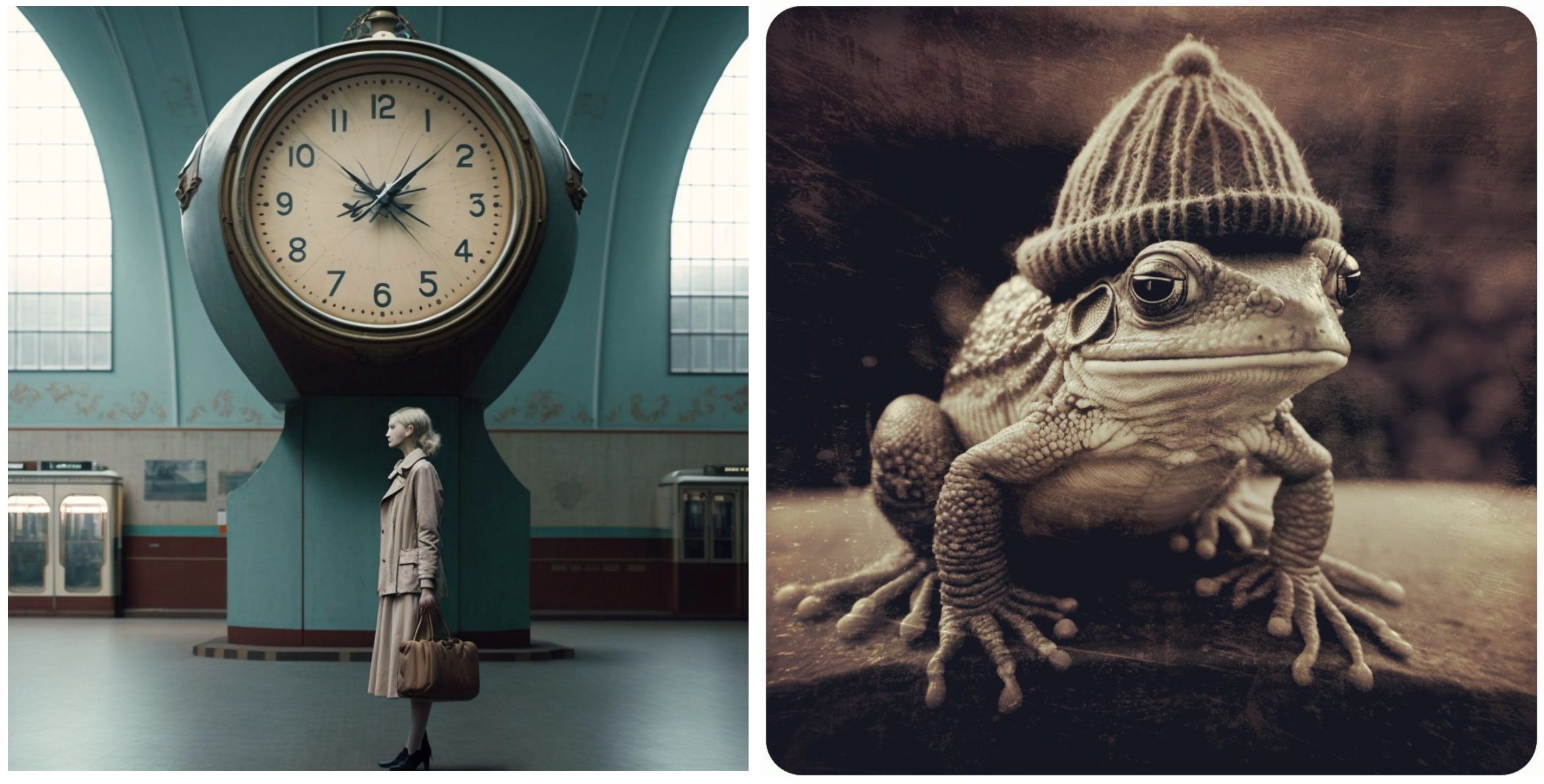Your Robot Overlords Await

Do AI bots dream of a electric sheep?
There's been a lot of chatter lately about great advances in AI, or Artificial Intelligence. Especially around ChatGPT (an advanced conversational chatbot) and a couple of art-generating bots. I tried them. I was surprised by the results but not, you know, overwhelmed or shocked that this spells the end of humanity. The way these kinds of AI improve is by "learning" (whatever that means for software) from existing data. Having access to good data seems to be a big problem from the simplest algorithm to the most complex AI. I know from creating applications that access to meaningful data can be expensive. You can write software that can use Twitter data to accurately find the location of an earthquake, given that you have a lot of Twitter users near where the earthquake hit, and that you can use all that Twitter data. Basically, if a lot of people are talking about an event on their phones that give their location, you can see where the greatest impact of the earthquake occurred. If another earthquake struck in the middle of the Sahara and there is just one guy out there, on a camel, with no phone to post to Twitter, well then, good luck locating the centre of that earthquake.

Images created by AI can be as spectacular and imaginative as the creators can imagine. See more at brutalist.ai and alternatehistory.ai
The art was impressive but that was because of the original art the AI learned from. Most of what was generated seemed more like a really well executed Photoshop script. I don't mean that as derisively as it sounds. If I did a lot of Photoshop work, I'd love a bot to help me cut on the production time. This is sort of my point. The "intelligence" of Artificial Intelligence feels a whole lot more like immensely quick recall and filling in templates very well. I'm not sure that's the kind of intelligence that replaces people. To be fair, there are a lot of people who are being paid to do repetitive work, filling in templates and doing a lot of recall who could probably be replaced by this kind of AI. What I suppose most are surprised about by these recent examples is the perceived creativity, but that would be a mistake. The creativity you see in the artwork is coming not from the AI but from the artists the AI learned to mimic and the prompts a human is giving the AI to generate the work in the first place. A big component of human intelligence and creativity is intuition. Mind you, if someone creates an Artificial Intuition engine, well then, I too, along with paralegals and financial analysts who've already been replaced by AI and sophisticated algorithms, would be quaking in my boots.
The language ChatGPT generates is impressive but sort of uninspired. Many grammar checking apps almost seem as close to writing whole phrases rather than just recommending improvements on errant words. People seem more impressed by ChatGPT's responses written "in the style of…" but again, how "learnéd" is this? How "creative"? Many chess engines evaluate, analyze and recommend moves that would certainly best the best in the world of chess. Still, it sounds more like very fast evaluation rather than something more creative or intuitive. My limited understanding of how these AI engines work is probably already making a bot that is evaluating this blog post laugh right now. That bot is probably chuckling and saying to their buddies ("they", "them" pronouns must surely apply to coded intelligence), "Look at this guy. He's so stupid, it's almost cute." Perhaps, to be so ignorant as to not know how ignorant you are is, for the time being, bliss.
At the end of the day – this day, mind you, not some future day – if you do any kind of repetitive, unvarying production work, you may want to reconsider your career choices but if you do something that requires collaboration, intuition and decision making you'll probably be in the business of creating the AI or the prompts for an AI that work for you rather than you working for bots. I read an article where a financial executive, now a successful aerospace entrepreneur, was so frustrated by taking weeks to generate financial reports, that, against her bosses wishes, she cashed her own paycheque to buy an early PC to create the same reports in hours. It wasn't a tool she feared but one that allowed her to do more mindless work more quickly and spend more time doing more fulfilling work that brought even greater value to the company. If you fancy a future with greater productivity and more meaningful work then you should welcome our new robot overlords… or more likely, our new robot serfs. Moral questions on the idea of creating and exploiting a new slave class can be answered later by even more powerful AI or the next Ridley Scott Blade Runner movie.


0 Comments:
Post a Comment
<< Home